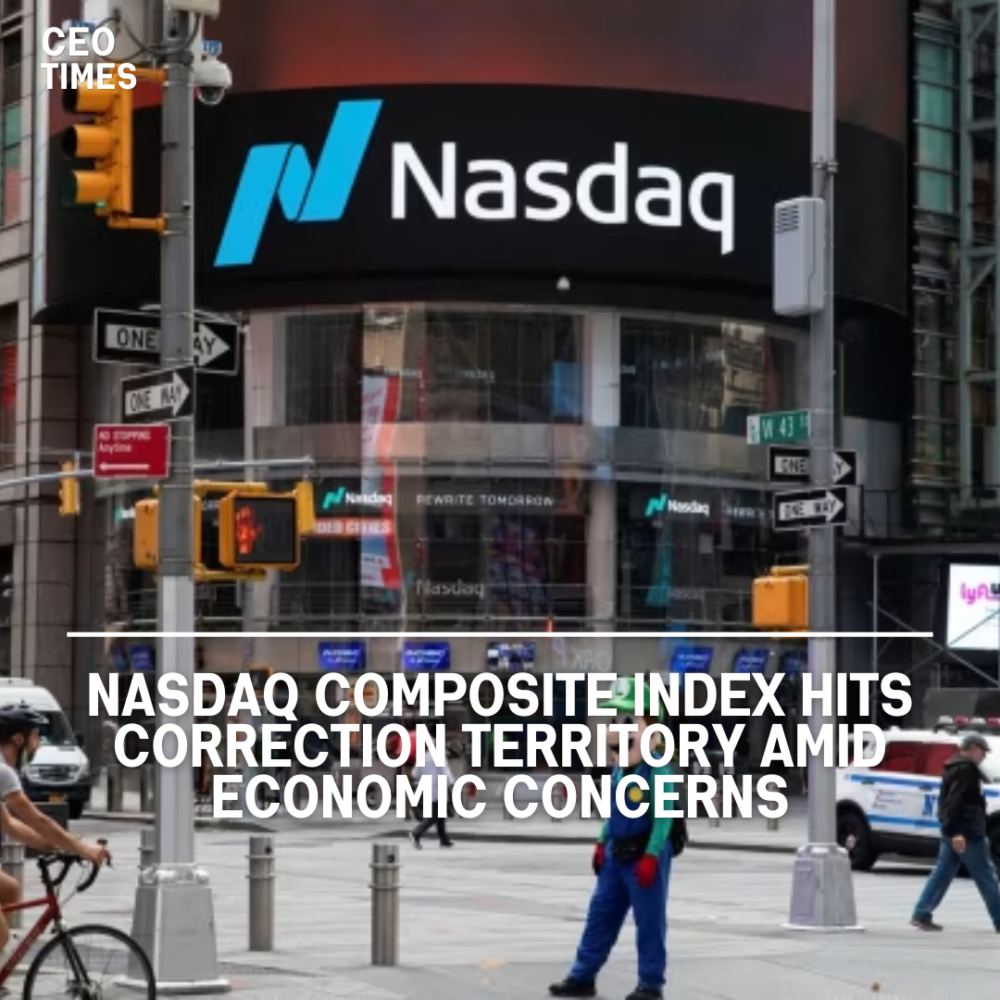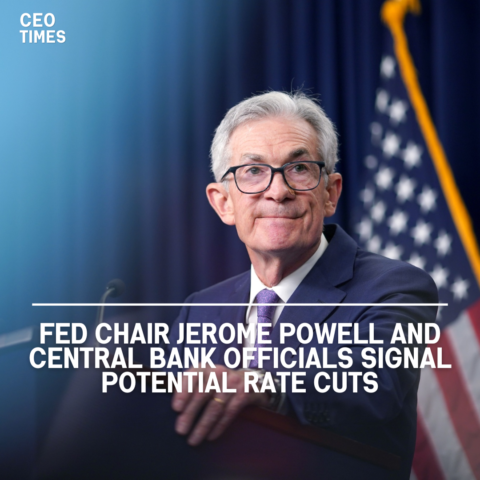On Friday, the Nasdaq Composite index experienced a significant drop, falling 2.4% and extending its recent declines to 10% below its record high. This downturn has officially placed the tech-heavy index in correction territory, a designation given when an index or stock falls 10% or more from its previous peak.
Factors Behind the Decline:
Economic Worries:
The index’s decline was exacerbated by a softer-than-expected U.S. jobs report, raising concerns that the Federal Reserve may need to implement substantial interest rate cuts to avoid a recession. This uncertainty over monetary policy has contributed to investor unease.
Disappointing Earnings:
Additional factors contributing to the Nasdaq’s slump include disappointing earnings reports from major tech companies such as Amazon and Intel. These results have further unsettled investors, who are already wary of the tech sector’s high valuations.
Historical Context:
According to Reuters analysis of LSEG data, the Nasdaq Composite index has entered correction territory 24 times over the past 44 years after reaching a new high.
Historically, in about two-thirds of these instances, the index traded higher a month after hitting correction territory. The last significant correction occurred on January 19, 2022, when the index fell 36% from its high before recovering by December of that year.
Current Performance and Market Sentiment:
Despite the recent correction, the Nasdaq is still up 11.8% year-to-date. In comparison, the S&P 500 has lost about 6% from its peak but remains up 12.1% for the year.
Investor sentiment is currently cautious as the tech sector, which led market gains earlier in the year due to excitement over artificial intelligence, faces increased scrutiny.
The market’s focus has shifted from individual earnings reports to broader economic implications, with concerns that weaker-than-expected results may indicate overall economic softness.
Seasonal Volatility:
The Nasdaq’s recent performance coincides with what is typically a volatile period for U.S. stocks. Historically, September and October are known for increased market volatility.
The Cboe Volatility Index, often referred to as Wall Street’s gauge of investor anxiety, averages 21.8 in October, the highest of any month since 1992.
James St. Aubin, Chief Investment Officer at Ocean Park Asset Management, noted that the current market conditions reflect the seasonal volatility expected during this period. He described the recent selloff as part of the anticipated correction, driven by multiple converging factors.
Broader Economic Signals:
The market’s current focus has expanded beyond earnings to include broader economic indicators. Rising bond prices and falling yields suggest that investors are seeking safe havens, reflecting global economic slowdown concerns.
JJ Kinahan, CEO of IG North America & President of Tastytrade, highlighted that the shift in investor focus from earnings to broader economic signals underscores growing concerns about the global economy.
In summary, the Nasdaq Composite’s recent performance illustrates the complex interplay of economic concerns, disappointing earnings, and seasonal volatility, highlighting the ongoing challenges and uncertainties facing the market.




















